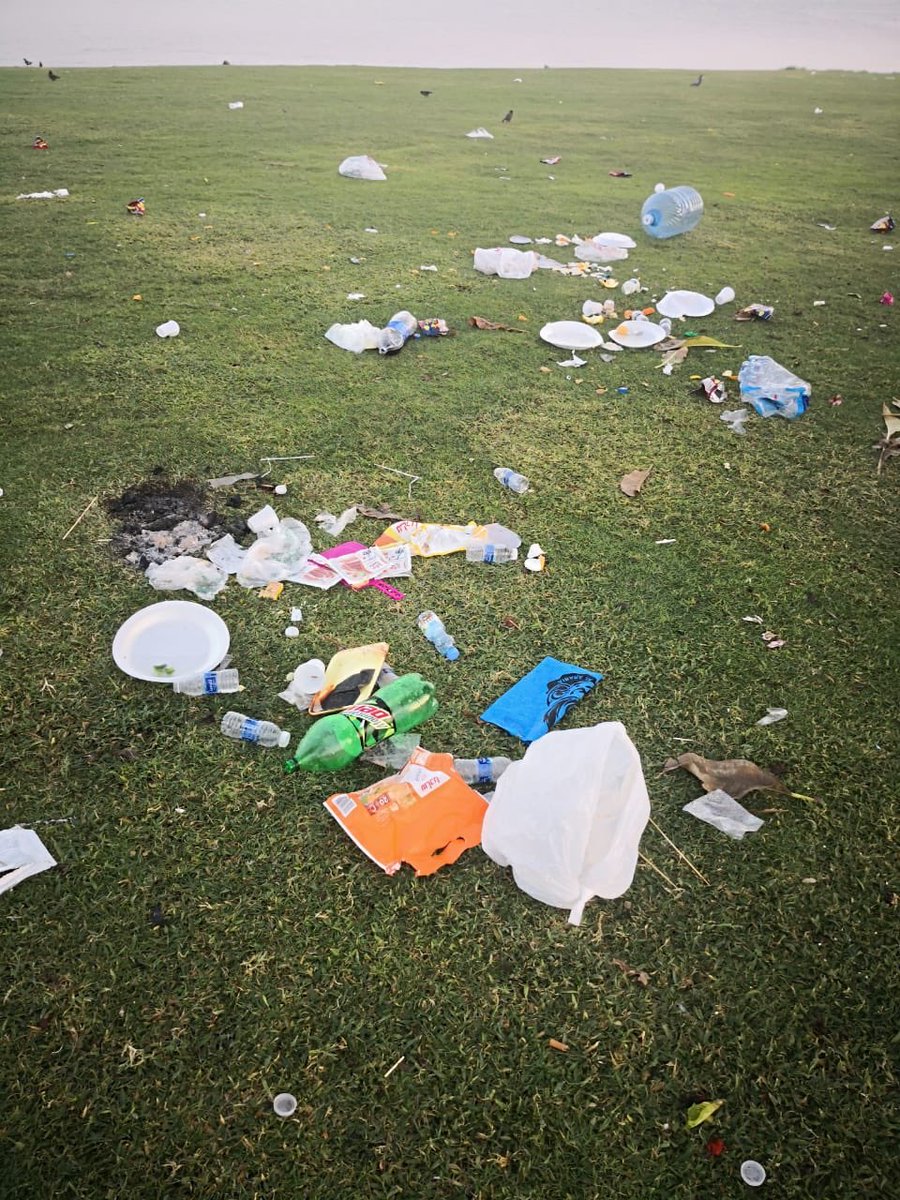

Muscat: Plastic waste has long plagued our seas and posed a threat to marine ecosystems, but now there is a new threat: personal protective equipment (PPE), widely used to curb the spread of Coronavirus.
Face masks and gloves are often found floating on the sea threatening the marine environment; some are left behind by beach users, others are washed in by the waves.
The pollution will worsen as PPE becomes part of the new normal and more people frequent beaches after months being cooped out at home.
Earlier, littering of personal protection equipment was limited to streets and sidewalks as the movement of people was restricted.
“It is not that all people throw them on the beaches or even on to the sea. The culprits are those who do not care for the health of others and the environment”, said Atif Mohammed, with his fingers pointed on a mask floating on the seawater in Qurum.
The oil and gas engineer, who is also a nature lover, likened the discarded masks to plastic bags or straws that could prove fatal to sea creatures and contaminating sea water.
According to him, “this is another contribution from the pandemic to the environment and a legacy to the next generation.”
The civic authorities have been continuously calling on people to dispose of used gloves, masks and other items related to the coronavirus safely in garbage bins.
Reacting to the apathetic attitude of the people, Zainab al Nassri, a senior journalist, said that monitoring of people on the beaches should be tightened.
“It is not that the offenders lack education. It’s mere negligence and recalcitrant attitude behind this heinous act,” she said. “Just because many of us are using masks and gloves doesn't mean they have to end up left out as litter”.
According to her, officials should monitor those on the beaches so that the violators should be caught red handed.
According to Matheo Francis, a Spaniard, another beachgoer, many of the items in personal protection equipment contain plastics that are not recyclable or biodegradable, and they need to be treated as they pose risks to both humans and wildlife.
“It damages our environment in addition to spreading the coronavirus contagion. This is infectious waste and should not be littered around”, he said.
Oman Observer is now on the WhatsApp channel. Click here



